Mapping IP Addresses: A Journey Via the Digital Panorama
Associated Articles: Mapping IP Addresses: A Journey Via the Digital Panorama
Introduction
With nice pleasure, we’ll discover the intriguing subject associated to Mapping IP Addresses: A Journey Via the Digital Panorama. Let’s weave attention-grabbing data and provide recent views to the readers.
Desk of Content material
Mapping IP Addresses: A Journey Via the Digital Panorama
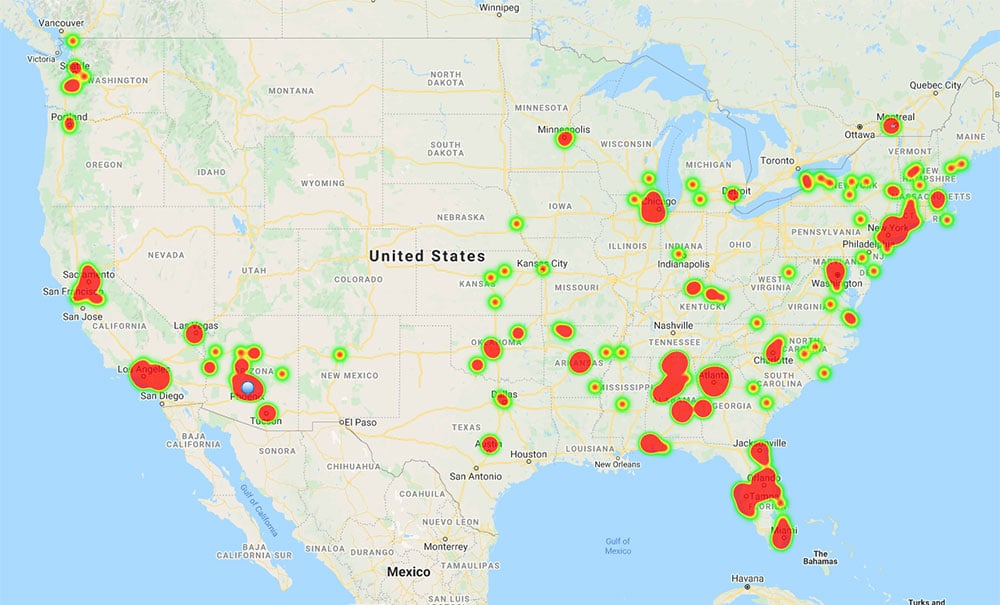
The web, an enormous and interconnected community of gadgets, depends on a system of distinctive identifiers to facilitate communication: IP addresses. These numerical labels, seemingly summary strings of numbers, are the postal codes of the digital world, guiding information packets to their locations. Whereas seemingly easy of their operate, IP addresses maintain a wealth of knowledge, and more and more, refined strategies permit us to visualise them geographically on a map, revealing fascinating insights into community topology, consumer location, and even potential safety threats.
This text delves into the world of mapping IP addresses, exploring the strategies concerned, the challenges confronted, and the varied purposes of this highly effective expertise. We’ll study the evolution of IP addressing, the constraints of geolocation, and the moral concerns related to visualizing IP deal with information on a map.
From Numbers to Locations: The Fundamentals of IP Tackle Geolocation
An IP deal with, brief for Web Protocol deal with, is a numerical label assigned to every system related to a community that makes use of the Web Protocol for communication. The most typical model at present in use is IPv4, represented by 4 numbers separated by durations (e.g., 192.168.1.1). IPv6, a more recent, extra expansive addressing system, makes use of hexadecimal notation and presents considerably extra addresses.
Mapping an IP deal with to a geographical location is not a simple course of. In contrast to postal codes, IP addresses aren’t inherently tied to a selected bodily location. As a substitute, geolocation depends on a number of strategies, every with its personal strengths and weaknesses:
-
IP Tackle Databases: The most typical methodology includes consulting massive databases that correlate IP deal with ranges with geographical areas. These databases are compiled by organizations that gather and analyze community information. They work by associating IP deal with blocks (ranges of IP addresses) assigned to Web Service Suppliers (ISPs) with the final geographic space they serve. The accuracy of this methodology varies; it usually supplies solely a metropolis or area degree accuracy, not a exact road deal with.
-
Reverse DNS Lookups: This system makes use of the Area Identify System (DNS) to search out the hostname related to an IP deal with. The hostname generally comprises clues concerning the location, however this data is not at all times dependable or constant.
-
WHOIS Lookups: WHOIS databases include registration data for domains and generally present contact data, together with location information, related to an IP deal with. Nevertheless, this data is commonly incomplete or outdated.
-
GPS Knowledge (for cell gadgets): Cellular gadgets geared up with GPS capabilities can present exact location information. This information can be utilized together with IP deal with data to enhance accuracy, particularly for cell customers.
-
MaxMind GeoIP Database: It is a well-liked industrial database broadly used for IP geolocation. It combines varied information sources to supply comparatively correct geolocation data.
Challenges and Limitations of IP Tackle Geolocation
Regardless of developments in geolocation expertise, a number of challenges restrict its accuracy and reliability:
-
Dynamic IP Addresses: Many customers obtain dynamic IP addresses that change periodically. This makes monitoring a consumer’s location over time troublesome.
-
Proxy Servers and VPNs: Proxy servers and Digital Non-public Networks (VPNs) masks the consumer’s true IP deal with, making correct geolocation unattainable. These applied sciences are sometimes used to guard privateness or circumvent geographical restrictions.
-
Knowledge Heart Places: Many servers and companies are hosted in information facilities, which can not precisely mirror the placement of the consumer accessing the service.
-
Accuracy Variations: The accuracy of geolocation varies considerably relying on the strategy used and the standard of the info sources. Metropolis-level accuracy is commonly achievable, however exact street-level location is normally unattainable with out further data.
-
Knowledge Privateness Considerations: Accumulating and mapping IP addresses raises important privateness considerations. The data can doubtlessly be used to trace people’ actions and actions. Moral concerns and authorized laws should be fastidiously addressed when dealing with IP deal with information.
Purposes of Mapping IP Addresses
Regardless of its limitations, mapping IP addresses finds quite a few purposes throughout varied domains:
-
Community Monitoring and Administration: IT professionals use IP geolocation to observe community visitors, establish potential safety threats, and troubleshoot community points. Visualizing the geographical distribution of community exercise may help pinpoint bottlenecks or areas of vulnerability.
-
Cybersecurity Risk Intelligence: Safety analysts use IP geolocation to trace malicious actors, establish the origin of cyberattacks, and perceive the geographical unfold of malware infections. Mapping IP addresses related to malicious exercise can present essential insights into the character and scale of cyber threats.
-
Digital Forensics: In digital forensics investigations, mapping IP addresses may help investigators hint the supply of legal exercise, reminiscent of on-line fraud or harassment. The geographical data can present helpful clues in figuring out suspects.
-
Advertising and Analytics: Companies use IP geolocation to know the geographical distribution of their web site visitors and buyer base. This data can inform advertising and marketing methods and optimize web site efficiency for various areas.
-
Content material Supply Networks (CDNs): CDNs use IP geolocation to direct customers to the closest server, minimizing latency and enhancing web site efficiency. This ensures quicker loading occasions for customers around the globe.
-
Geographic Restriction of Content material: Some web sites use IP geolocation to limit entry to sure content material based mostly on the consumer’s location. That is usually used to adjust to copyright legal guidelines or regional laws.
-
Analysis and Knowledge Evaluation: Researchers use IP geolocation to research community visitors patterns, examine the unfold of knowledge on-line, and perceive the geographical distribution of on-line communities.
Moral Issues and Privateness Implications
The facility of mapping IP addresses comes with important moral and privateness duties. It is essential to think about the next:
-
Knowledge Transparency and Consent: Customers needs to be knowledgeable about how their IP deal with information is being collected and used. Express consent needs to be obtained earlier than utilizing IP deal with information for geolocation functions.
-
Knowledge Safety and Safety: IP deal with information needs to be shielded from unauthorized entry and misuse. Applicable safety measures should be carried out to forestall information breaches and defend consumer privateness.
-
Minimizing Knowledge Assortment: Solely the mandatory IP deal with information needs to be collected. Keep away from accumulating extra information than is required for the supposed goal.
-
Compliance with Rules: Adhere to all related information privateness laws, reminiscent of GDPR and CCPA, when dealing with IP deal with information.
-
Accountable Disclosure of Findings: If safety vulnerabilities or malicious exercise are found via IP geolocation, they need to be disclosed responsibly to the related events.
Conclusion:
Mapping IP addresses presents a robust lens via which we will view the intricate workings of the web. It supplies helpful insights into community topology, consumer habits, and safety threats. Nevertheless, the expertise just isn’t with out its limitations and moral concerns. By understanding the strategies concerned, the challenges confronted, and the privateness implications, we will harness the facility of IP geolocation responsibly, fostering a safer and clear digital world. The way forward for IP geolocation doubtless includes additional developments in accuracy, the event of extra strong privacy-preserving strategies, and a larger emphasis on moral information dealing with practices. Because the web continues to evolve, the flexibility to map and analyze IP deal with information will stay a important device for understanding and managing this more and more advanced digital panorama.
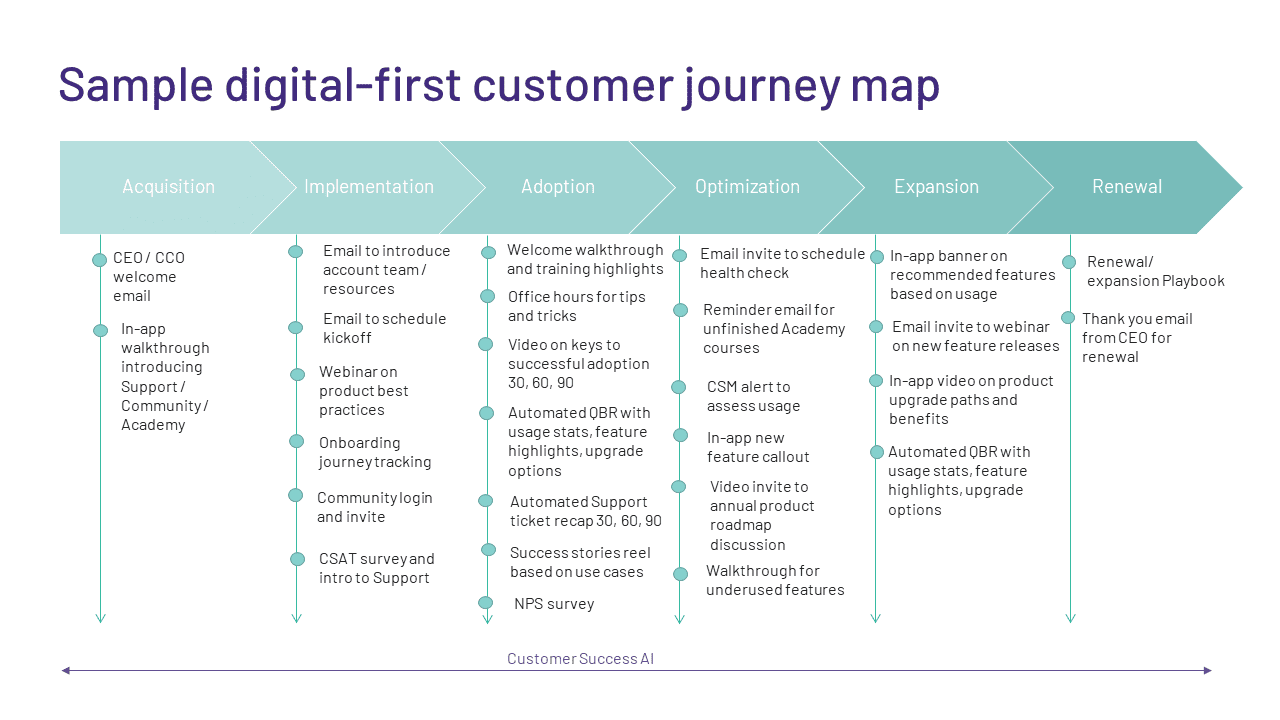

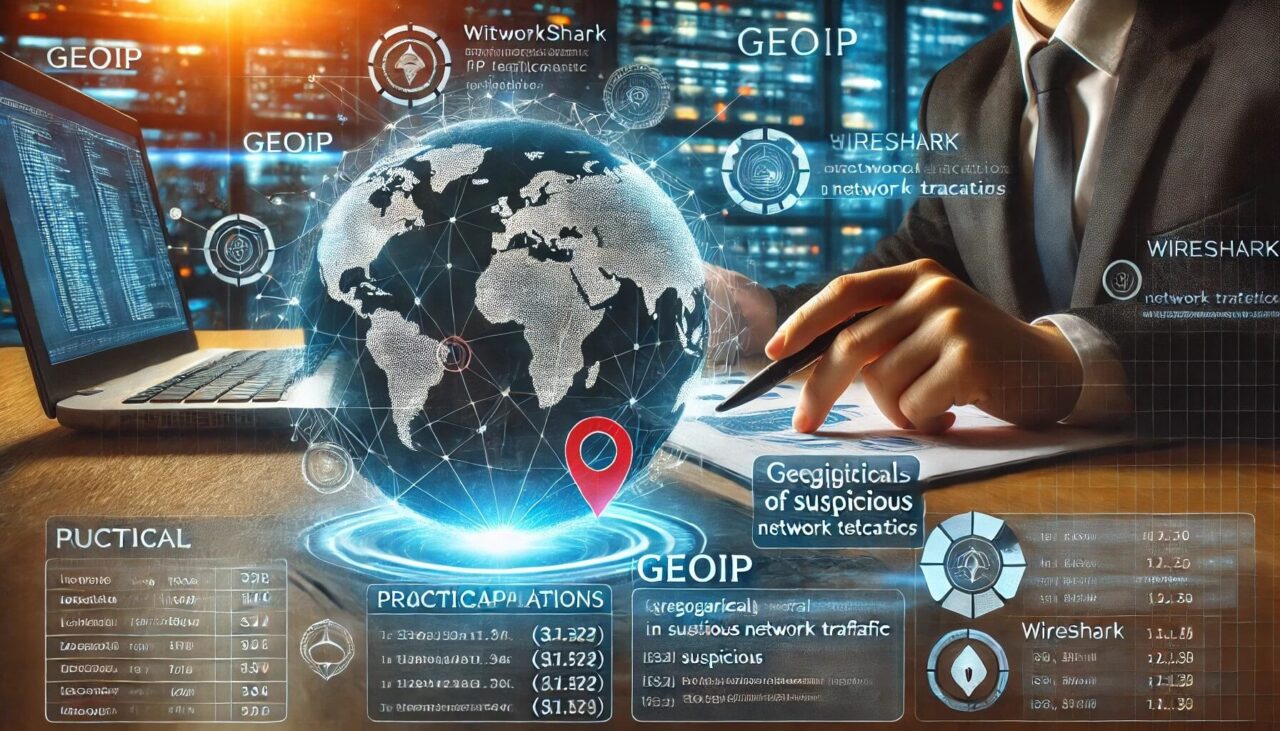
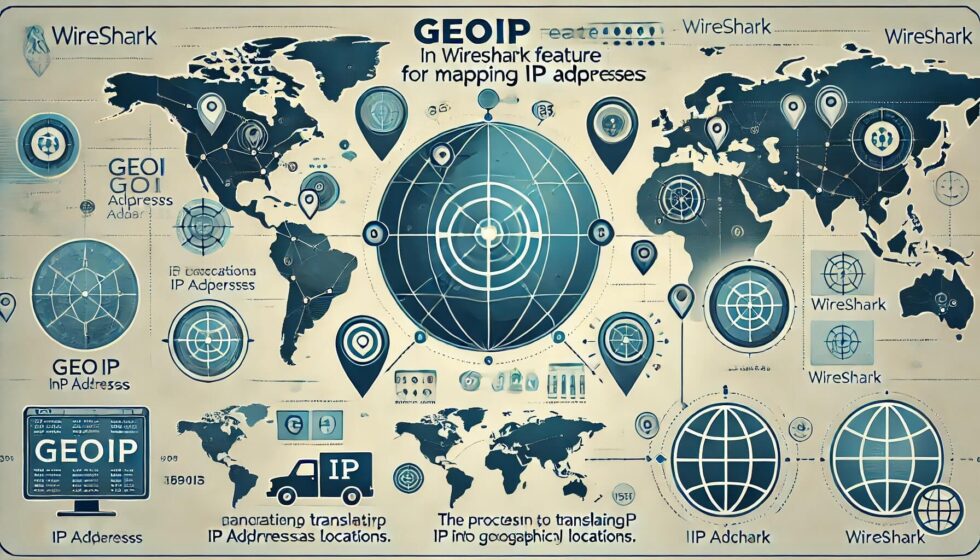


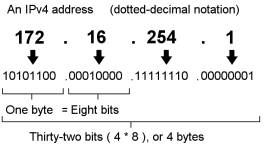

Closure
Thus, we hope this text has offered helpful insights into Mapping IP Addresses: A Journey Via the Digital Panorama. We respect your consideration to our article. See you in our subsequent article!